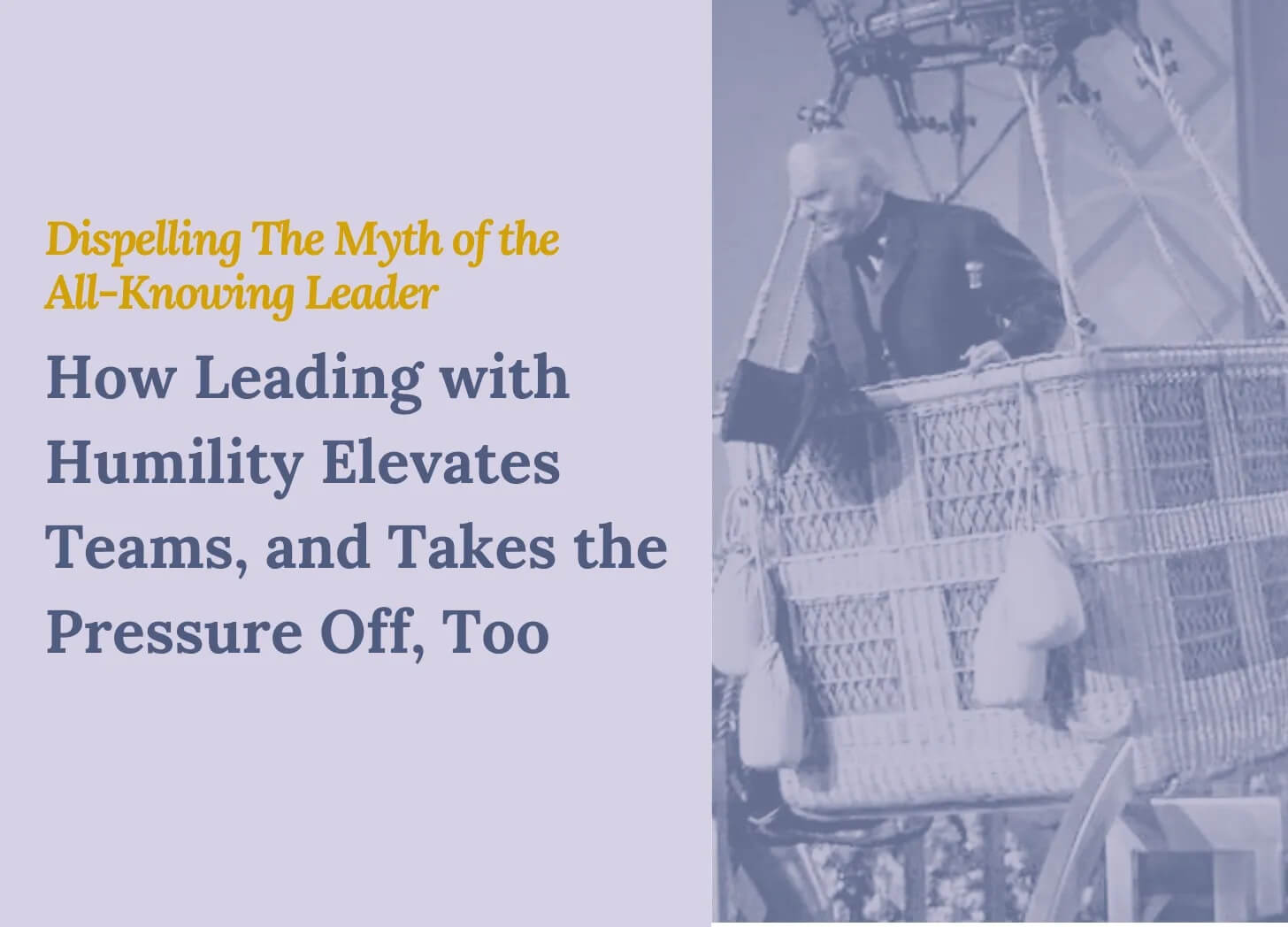As a leader, it’s a common but harmful myth that you must always have all the answers. No one, not even the most successful leaders, knows everything. Buying into this myth places unrealistic expectations on yourself and can lead to poor decision-making, increased stress, burnout, and missed opportunities for growth and innovation.
When leaders feel they can’t admit uncertainty or ask for help, fearing it will make them look weak, they limit themselves to their own knowledge and biases. This can result in uninformed choices that don’t consider all factors, like navigating without a map. It also leads to overwhelming responsibility, neglecting wellbeing, and potential burnout that impacts the entire team.
When you choose not to seek input from others, you miss out on valuable insights and ideas your team members could offer. This erodes trust as employees feel their contributions aren’t valued, stifling innovation and growth.
Thanks for reading Glass Ball Consulting! Subscribe for free to receive new posts and support my work.Subscribe
The alternative is embracing vulnerability and asking for help when needed – a sign of strength, not weakness. It demonstrates humility, self-awareness, and values others’ expertise. This fosters a culture of continuous learning, collaboration, and empowerment, where everyone feels safe to share ideas.
Asking for help also builds trust and rapport. When you admit needing support, you show your human side, creating a stronger connection and loyalty, as employees feel part of a team, not just following orders.
To let go of the “all-knowing leader” myth, reframe asking for help as a strength. Actively seek input, create safe spaces for idea-sharing, and lead by example, showing it’s okay to be vulnerable and learn from each other. Celebrate those who seek help and share ideas, reinforcing the value of collaboration.
However, it’s crucial not to rely solely on your leadership team for input and guidance. While their insights are valuable, they may sometimes tell you what you want to hear or be too far removed from the frontlines to fully grasp the day-to-day realities of your organization. Instead, make a concerted effort to stay connected with employees at all levels, from entry-level staff to middle management.
By engaging with a diverse range of employees, you gain a more comprehensive understanding of the challenges, opportunities, and ideas percolating throughout your organization. This unfiltered feedback can help you identify potential issues before they escalate, uncover innovative solutions, and make more informed decisions that consider the needs and perspectives of your entire workforce.
When employees see that their leaders are genuinely interested in their opinions and experiences, it fosters a culture of trust, transparency, and open communication. This, in turn, boosts morale, engagement, and productivity, as employees feel valued and empowered to contribute their best work.
In addition, consider building a network of trusted advisors and mentors, both within and outside your organization, who can provide objective perspectives and guidance. This external support system can offer invaluable insights and challenge your thinking in ways your immediate team may not. They can also serve as a sounding board for ideas and help you navigate complex challenges with a fresh perspective.
By actively seeking input from all levels of your organization and fostering a culture of continuous learning and collaboration, the benefits are clear: better decisions, fostered innovation, stronger teams, and resilient organizations where everyone contributes their best. Embrace vulnerability, ask for help, and watch your leadership and organization thrive.


